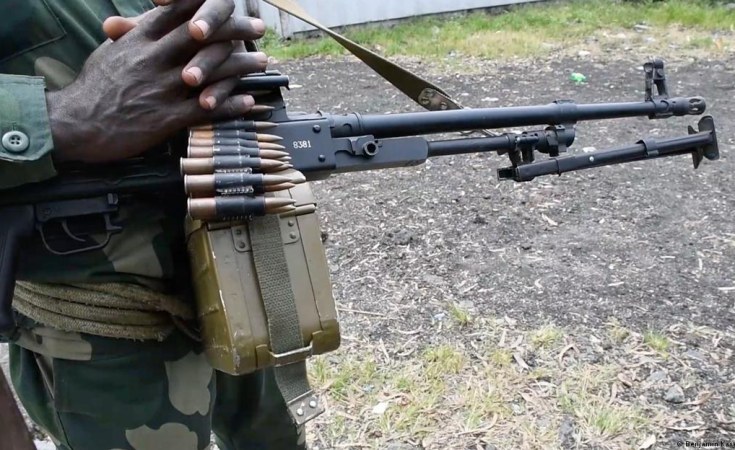The African Union summit has tackled conflicts in the continent by dealing with troubled spots decisively, President Mnangagwa said yesterday when calling on African states who have yet to do so to accede to the Free Trade Area Protocol to speed up the implementation of the African Continental Free Trade Area (AfCFTA).
The summit adopted recommendations from its sub committee, the Peace and Security Council chaired by South African president Cyril Ramaphosa, for enhanced dialogue between the Democratic Republic of Congo and Rwanda to end conflict in Eastern DRC that has seen the displacement of thousand of families.
Speaking in an interview with Zimbabwean journalists at the summit, which ended yesterday, President Mnangagwa said: "The major security concern was the current dispute in eastern DRC where there has been disturbances and trading of accusations between DRC and Rwanda.
"The committee on Peace and Security Council met first and later presented a report to the assembly. The recommendation was that the parties involved, that is DRC and Rwanda through their leaders, must pursue dialogue and consultations," said President Mnangagwa.
Countries in the Great Lakes Region accepted that the principle of putting dialogue was a major instrument to secure and guarantee peace.
The assembly also applauded the role played by Angolan President Joao Lourenco in trying to end the conflict.
"The two countries were urged to pursue dialogue for the purpose of peace, security and harmony and to end the suffering of people. We believe that, since the assembly endorsed that recommendation, we are of the view that the two countries will abide by that recommendation," he said
It was noted that the conflict had gone for a long time and the AU summit felt there was need to clearly spell out the mandate of each group in the conflict such as the United Nations Organisation Mission in DRC (MONUC) with the Assembly agreeing on a roadmap.
"We believe with goodwill on both sides there is a possibility of security and peace in eastern DRC," said President Mnangagwa.
The DRC has continued to be mired in conflict despite establishment of elected governments. The eastern region has been experiencing high insecurity and violence spawned by M23 rebels in an armed conflict in North Kivu Province.
The group has seized swathes of territory in North Kivu and has come near the regional hub of Goma prompting hundreds of thousand people to flee their homes.
President Mnangagwa said another area that came up for discussion was disturbances in Mozambique by Islamic insurgency in Cabo Delgado but the issue was left to Sadc which was already seized with it.
"The Assembly felt that Sadc has the primary role to deal with that issue and as Sadc we are ready to continue doing our best to support Mozambique," he said.
President Mnangwa said the summit resolved to suspend the three West African countries of Mali, Guinea and Burkina that had unconstitutional change of government.
Outgoing AU Chairperson and Senegalese President Macky Sall gave an update about efforts to join the G20 by Africa as a continent where South Africa is a member as a country from the continent.
President Mnangagwa said it was agreed that the new chairperson and Comoros leader President Azal Assoumani will pursue the application.
Another issue that was inconclusive was whether Africa should join in partnerships with other continents as countries or as a continent.
Examples of current partnership include US Africa summit, China Africa, and the Russia Africa partnership among others.
"It was discussed as to whether we should have country to continent partnership or continent to continent partnership. We did not resolve that, it was felt it required further interrogation and what is prevailing will continue," said President Mnangagwa.
On Free Trade Area agreements, it was noted that only four countries had so far been able to integrate requirements of AfCFTA and were already trading in terms
of the protocol.
"We urged the member states to quickly move forward, and ratify the protocol. We feel that Africa must not continue depending from outside. We need to reduce our dependence from outside because currently billions and billions are spent by Africa in importing things that are in Africa.
"There was need that we collaborate so that we use our value chain in agriculture, mining, manufacturing so that we integrate and make value chains on the products that we have and reduce dependence from outsiders who themselves get products from Africa, process them and sell back to us at a higher price," said the President.
"There was fervent call to accede to the protocol so that we trade internally."


